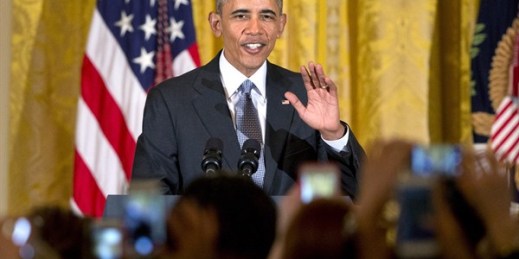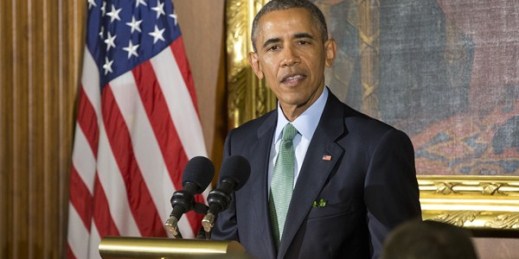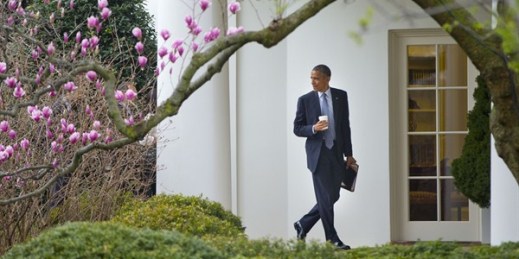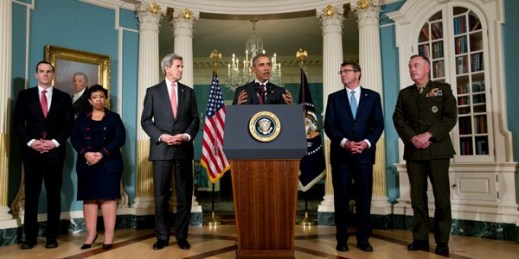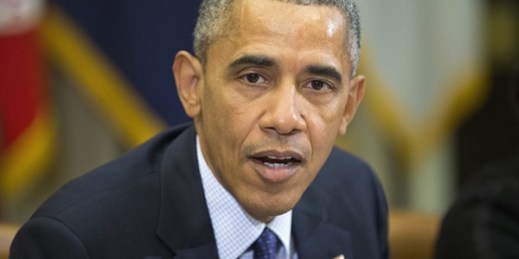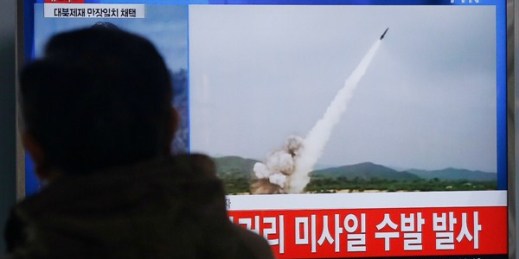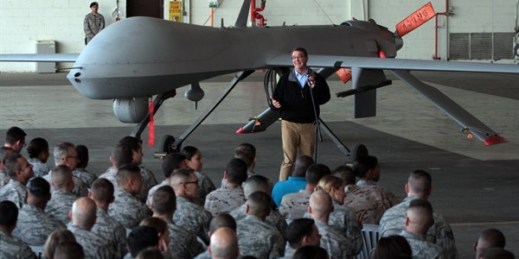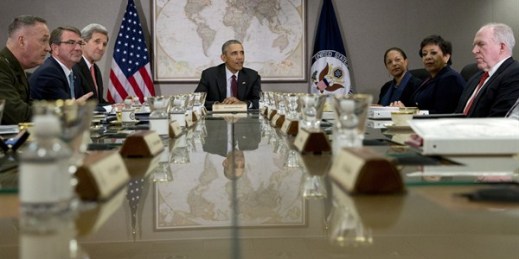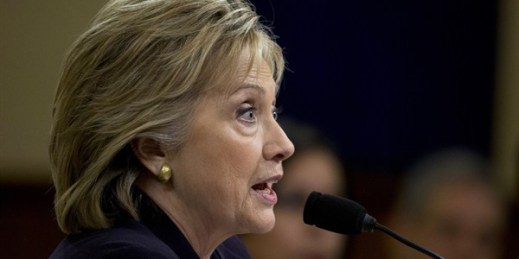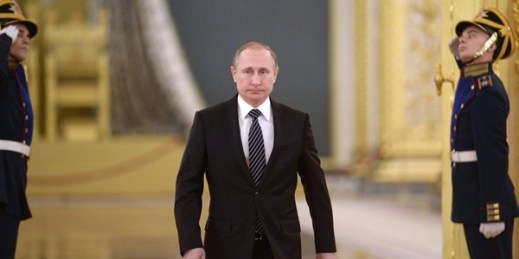
Russian President Vladimir Putin dropped a bombshell this week, announcing that he was pulling his military forces out of Syria less than six months after his equally surprising decision to send them there in the first place. While it remains to be seen whether Putin will carry through on his promise, security experts are busily scrambling to figure out his motives. Did he attain what he intended, or is he simply washing his hands of a lost cause? There is agreement, though, on one thing: Putin’s move caught Washington by surprise and at least seemed to once again keep him […]

